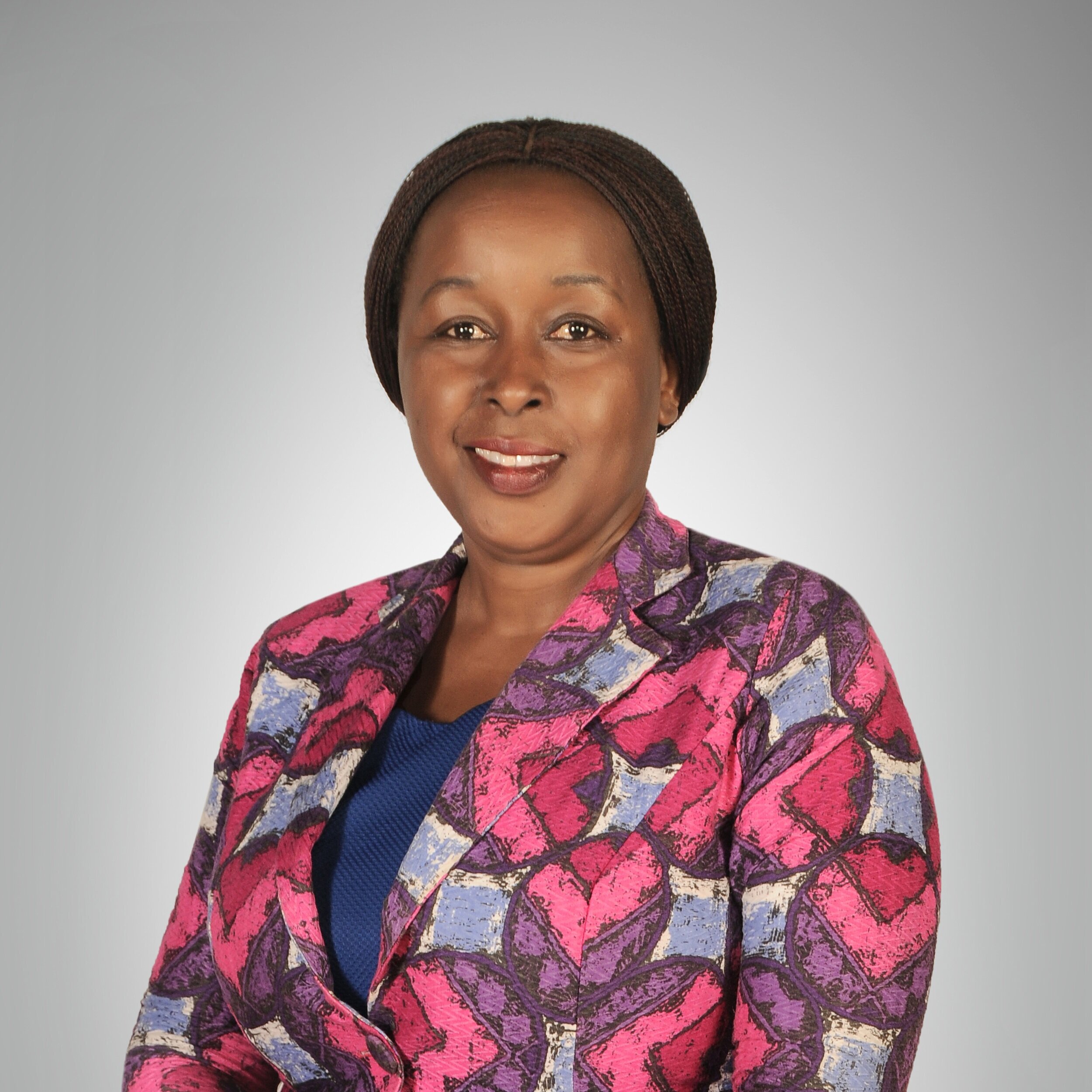"We dismantle the patriarchy one block at a time!" - Jean Kemitare (Uganda) – 2/4
/I am in conversation with Jean Kemitare, a quiet but determined feminist from Uganda. We had started our conversation by discussing how Jean’s childhood and family shaped her into the feminist she is today (part 1). Now, Jean tells me about her work to prevent violence against women and strengthen African feminist movements.
You have dedicated your career to strengthening the women’s rights movement in Africa, so I’m going to ask you about your job. Can you tell me about your current work at Urgent Action Fund - Africa?
Urgent Action Fund - Africa (UAF-Africa) is a pan-African and feminist Fund. Using a rapid response grantmaking model, UAF-Africa supports unanticipated, time-sensitive, innovative, and bold initiatives. These enable African feminists, activists, and women’s rights organizations to seize windows of opportunity, fracture patriarchy, amplify their voices, enhance their visibility and become significant actors who can influence policy and law while shaping narratives. I work as the Programmes Director at Urgent Action Fund - Africa responsible for strategic leadership and program implementation.
It is work that resonates with my convictions. Feminist Funds do not operate as conventional donors; they exist to shift power relations by resourcing the movement. they recognize that the how is as important as the what and therefore all the work is premised on values of equality, respect, and justice. They work with the feminist movement through solidarity, collaboration, and mutual empowerment. Urgent Action Fund - Africa works across the continent reaching structurally excluded women, groups, community-based national and regional organizations. Although the activities and themes are diverse the goal is the same – dismantling patriarchy. It is quite inspiring to see the resilience of women human rights defenders and their formations. It maintains hope within me that change is possible. We dismantle the patriarchy one block at a time!
It’s a recent role for you, right? Prior to that, you worked with Raising Voices for what seems like a long time.
Ten years!
Wow! Tell me about the work you did there.
Raising Voices is a feminist organization whose work is grounded in feminist ideology. I managed the Gender-based violence Prevention Network, which brought together 800 members (individuals and organizations) working to end violence against women in 20 countries across the Horn of Africa, East Africa and Southern Africa.
The organization developed methodologies for members to better do their jobs. For example, we developed SASA!, a community mobilization approach for preventing violence against women and HIV. Raising voices also had a learning component: we would do studies to document what it takes to prevent violence against women. And lastly, there was the influencing component, what I worked on.
My job was to infuse a politicized feminist analysis, but also to influence practices and policies so that the prevention of violence against women is done with a feminist orientation. A critical part of that work was also to enhance passion and commitment while increasing the skills for GBV work. Such introspective processes are needed because if you want to be effective in your feminist work, you must transform yourself: your own knowledge, attitudes, and skills.
That’s a powerful reminder of one of the key tenants of feminism: “the personal is political.” What has been your experience of transforming yourself as part of your own feminist journey?
In 2008 I participated in Akina Mama Wa Africa’s Feminist Leadership Institute for Women, and that was a trigger. As I listened to the presenters telling me that the personal is political, I started connecting the dots between the experiences that had made me angry and the big picture, and I realized: “Wow, I’m a feminist!” Another eye-opening training was the one attended as part of CREA’s Feminist Leadership, Movement Building, and Rights Institute for East Africa activists. Both were transformational experiences that triggered my feminist consciousness.
Through my work, I interface with many amazing women: some I support, others are my supervisors, etc. Conversations with different women who had different experiences continuously reinforce my feminist journey.
I am also passionate about digging up the history of feminism in Africa because I get mad when people say feminism is a Western concept. Feminism might have been articulated in languages that aren’t ours, but you can't tell me that we didn't have feminists, that we didn't have feminist practice, or that there was no resistance to patriarchy in pre-colonial periods. This is my current project, trying to dig up all facts that I can around pre-colonial feminist practice.
In the next part of the interview, I ask Jean ‘s opinion about how Africa’s feminist movements have evolved in the years since she started working to promote and protect women’s rights. Click here to read her analysis.
Join the conversation!
I can’t wait to hear your thoughts. Write a comment below, or let’s chat on Twitter, Facebook or Instagram @EyalaBlog.
Want to connect with Jean? Find her on Twitter @JeanKemitare




